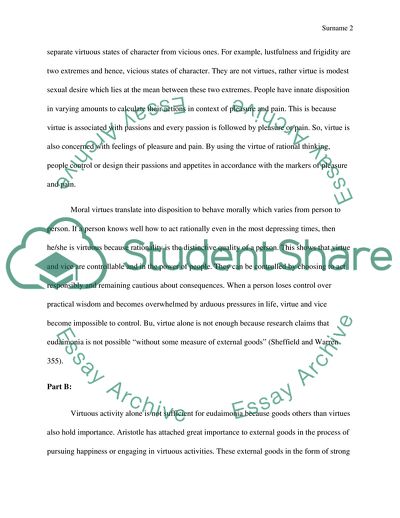Cite this document
(Final Essay Assignment Example | Topics and Well Written Essays - 1250 words - 3, n.d.)
Final Essay Assignment Example | Topics and Well Written Essays - 1250 words - 3. https://studentshare.org/philosophy/1825822-final-essay
Final Essay Assignment Example | Topics and Well Written Essays - 1250 words - 3. https://studentshare.org/philosophy/1825822-final-essay
(Final Essay Assignment Example | Topics and Well Written Essays - 1250 Words - 3)
Final Essay Assignment Example | Topics and Well Written Essays - 1250 Words - 3. https://studentshare.org/philosophy/1825822-final-essay.
Final Essay Assignment Example | Topics and Well Written Essays - 1250 Words - 3. https://studentshare.org/philosophy/1825822-final-essay.
“Final Essay Assignment Example | Topics and Well Written Essays - 1250 Words - 3”. https://studentshare.org/philosophy/1825822-final-essay.


